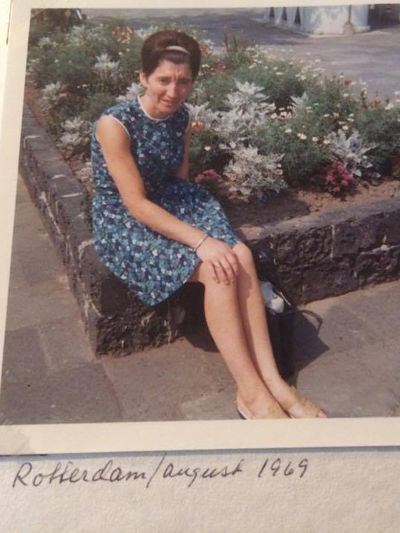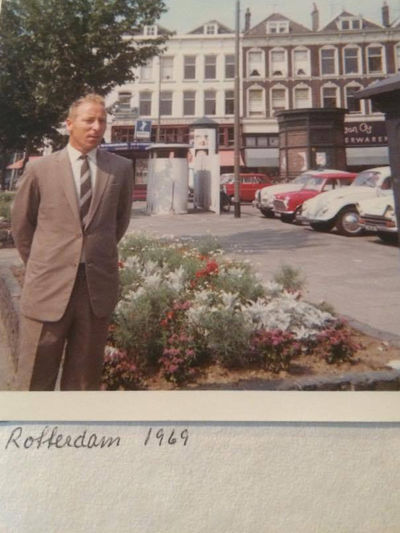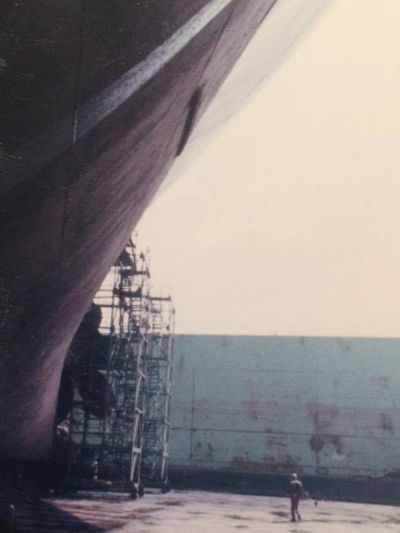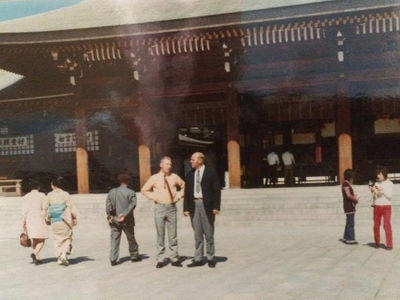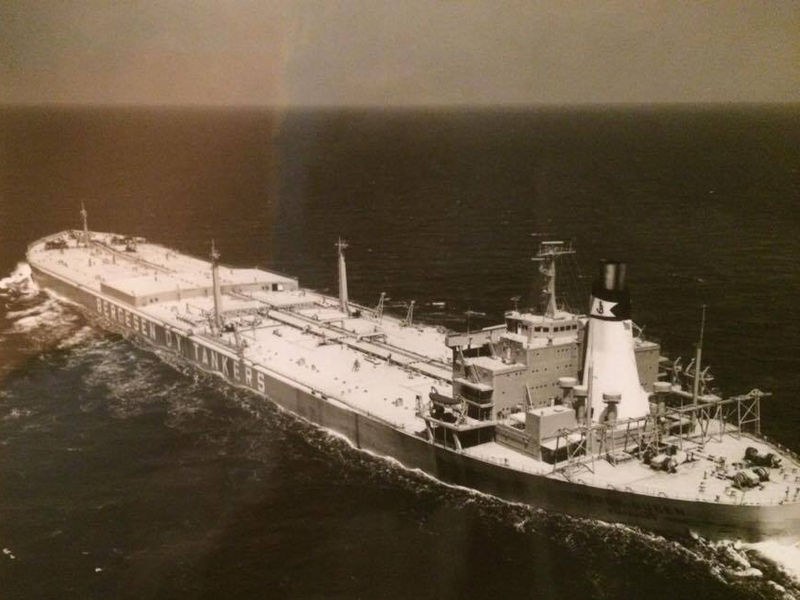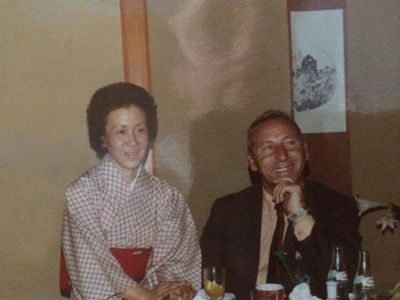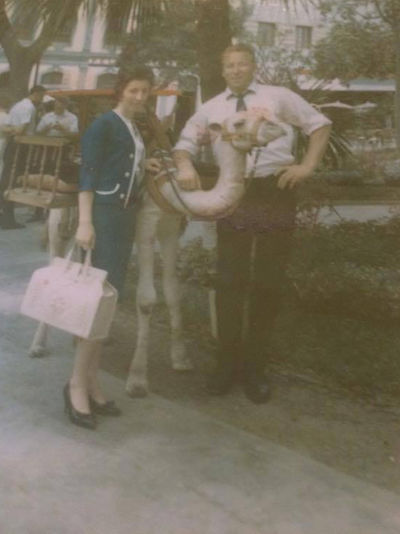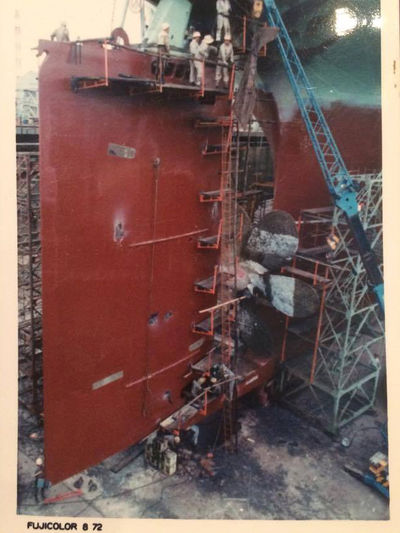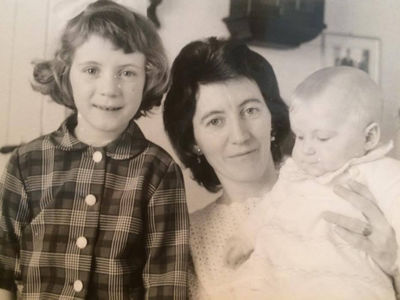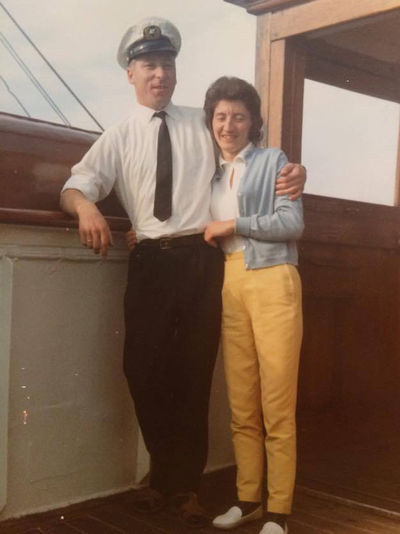User:Annalystad/mediaobject: Difference between revisions
Annalystad (talk | contribs) No edit summary |
Annalystad (talk | contribs) No edit summary |
||
| (5 intermediate revisions by the same user not shown) | |||
| Line 13: | Line 13: | ||
'> | '> | ||
Media Object | Media Object - An Old Collection of new Memories | ||
| Line 46: | Line 47: | ||
[[File:18871255 1349873091765213 1790762477 n.jpg|400px]] | [[File:18871255 1349873091765213 1790762477 n.jpg|400px]] | ||
[[File:18928290 1349878578431331 985365540 n.jpg|400px]] | [[File:18928290 1349878578431331 985365540 n.jpg|400px]] | ||
[[File:18928331 1349879078431281 144229168 n.jpg| | [[File:18928331 1349879078431281 144229168 n.jpg|800px]] | ||
[[File:19021306 1349878571764665 1949270006 n.jpg|400px]] | [[File:19021306 1349878571764665 1949270006 n.jpg|400px]] | ||
[[File:18985455 1349867928432396 1927250339 n.jpg|400px]] | |||
[[File:18983396 1349874631765059 783551782 n.jpg|400px]] | |||
[[File:18983273 1349872595098596 1585576117 n.jpg|400px]] | |||
[[File:18944446 1349871918431997 286037046 n.jpg|400px]] | |||
Latest revision as of 14:36, 19 September 2017
Media Object - An Old Collection of new Memories
My grandfather Lyder was a remarkable man, who travelled the world by ship. He grew up on an island outside of my hometown, and worked at sea from a young age till the last few days of his life. Before the age of 35 he was captain on one of the world’s largest tankers at the time, traveling from Norway to Japan, or Jamaica – sometimes spending more than two years away from his family. He was not at home for the birth of his first child, and didn’t see her until she was more than two years old – she had no clue who the strange man in the living room was. Lyder was a risk taker, a brave man who took on jobs no one else dared to do. He had so much joy and knowledge about the sea and was incredibly successful in his job. He lived in a time where things moved slower than today – although he enjoyed being at home with his family he also enjoyed the challenges and rush from the ocean. While working all corners of the world, he would send everything from porcelain to furniture back home and would always bring gifts from the places he had been to, my mother said it felt like Christmas every time he came home. One of the object he bought while travelling was the Nikomat FTn, and this camera has made such an impact on me and my life - as a profound piece of family history, a way to understand, learn and alter/create new memories. 14th of October 1968 my grandfather was in Yokohama Port, south of Tokyo in Japan – this is where he most likely bough the Nikomat FTn that I now have in my hands. Even to think where this camera has been amazes me. I was 11 years old when he passed away from cancer, and I don’t remember too much except for his warmth, laughter, smile and joy for life. Just by finding this camera brings back memories of him, and also so many questions. All the stories I wished he had the chance to tell me, all the pictures and films he had.
Nikomat FTn is a single reflex camera made in Japan in ca 1967, the camera has two names based on place of production. In America, the camera was named Nikkormat - while the ones made in Japan was named Nikomat. It takes 35mm film and is almost all mechanical except for the built-in light meter which is powered by a 1.3-volt mercury battery, it is a centre-weighted metering system, although the camera is fully capable to produce images without the battery. The camera body without the lens has dimensions of 148mm x 95mm x 54mm and weighs 765g.
Me being born in 1992, growing up in with the fast phase technological development, having taken my photography education without ever using an analogue camera, touching and using the Nikomat is both strange, exciting and a learning curve. The fact that the camera has a form of clothing is strange, how you take it off, expose the camera in a different way than taking a camera or phone out of your bag. The way it feels in your hand, touching the heavy and strong material, the edges and the details of the aperture which is not printed on plastic but actually engraved in metal. To my surprise and ignorance, it didn't have an on/off button, unlike everything else in my daily life. Every time I take a photograph I look at the back of the camera expecting the picture to show up.
Me and Lyder, are quite similar in different ways. His life had a lot of traveling – but at sea where everything was at a slower pace. This camera is a parallel to his life, a slow way of taking images compared to today's technology. Where it took weeks to get a roll of film developed, the wait and excitement for seeing the proof of his life. Whilst my life does have a lot of traveling, not on the same scale maybe, but it is a lot faster pace, I can change countries within the hour. Taking images in an instant, being able to see my memories unfold right there. A proof I can share with friends, family and people I haven't meet and might never meet - everything moves a lot quicker. Although, my grandfather usually wouldn't show pictures of where he’d been or tell stories of the unknown lands to his family. I believe he wanted to be fully present whilst at home, to enjoy the time he had with his wife and two daughters. Almost every week they would go on a Sunday ride somewhere local, together – and they went on many holidays but would usually stay in Scandinavia. Camping was the way to go, and there was never a boring moment – Lyder was quite entertainer. On these trips and holidays, he would take a lot of pictures, when they came home he sometimes realized that he never put in a new roll of film - he would have enjoyed the technological developments of the camera and the accessibility we have today.
Going through his archive of images has been an emotional and educational journey with enjoying the advanced tools of today’s society. Skype has been a great help accessing images I cannot reach from a different country. My mother found a box of images her dad left for her, showing me over Skype, taking images with her phone and sending them to me in a matter of minutes. While looking through this discovery, more and more memories came up, she would tell stories she hadn't thought about in years, seeing how proud she was of her dad. Like stepping into a childlike state where your parents mean everything to you, where they are your heroes and nothing can break the bond you have. The same goes for me, these images trigger something in you, it brings back memories you didn't know you had, or alter memories you already possessed. The power of the photograph even creates new memories, even thirteen years after his death.
Looking through the images taken at the time he purchased the camera and onwards, I can’t help thinking about him as a man and what he has been through. It is changing my memory of him, it makes me even more proud to be his granddaughter. It’s a way of discovering his personality, his passions and how similar we are. It also carries pain, the pain of not having shown so much interest in his travels and life when he was alive, of letting photographs determine my memory of him rather than my own. To wish I had the chance to talk to him about his life, to be inspired by him and letting him know how proud I am to be his granddaughter.
The pictures, cameras and everything we have after him has been in the attic for so many years, without being touched or given a thought. All this time I felt I didn’t know too much about him, and it was so close to me. The clues, and the ‘truth’ of a photograph, the stories my mother has – that I never asked about. Everything so close, and not discovered until now. Me, sitting here in Rotterdam in a Norwegian Seamen’s church – made for people like my grandfather, seeing that he has been here and knowing that he has possible been in this building that I am living in today makes me highly emotional.
I have now finished my first roll of film using my grandfather's camera, with that I have also created a relationship with the object. I put the clothing on and off, we stare at each other and also pushes each other’s buttons. I have carried it with me everywhere the last weeks, and it has made my should hurt, it’s been in my way and at times annoying. Yet, I haven't seen the results yet. The anticipation is far greater than shooting with a digital camera, and today I mostly use my iPhone instead of an actual camera for everyday experiences. You stop appreciating the result, but with the Nikomat FTn, the anticipation is far more strong. Almost, so strong that you have time to forget about the pictures you took, developing this film will be a total surprise.
Such an object, a camera – which from the very beginning was a way of representing truth and reality. I wonder how he felt, being away from his family, if he lived two very separate lives, one was at sea where my grandmother would come along for some of the trips and another with his daughters. This camera, and the powers of bringing back memories, allowing me to get to know the man in a way I didn’t realize was possible. To have this object being this profound piece of history, a way to feel connected with someone who has passed away. The Nikomat FTn will have a longer life than him, creating new memories along the way and will still reveal a truth and sense of memories after the fact – longer than an Instagram account.

